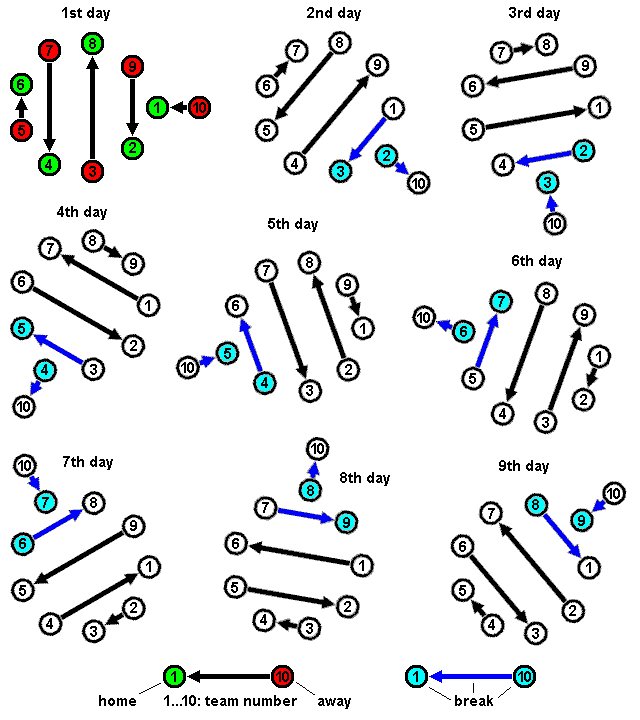|
2005 Pacific Tri-Nations
The 2005 Pacific Tri-Nations was the last Pacific Tri-Nations rugby union competition held between Fiji national rugby union team, Fiji, Samoa national rugby union team, Samoa, Tonga national rugby union team, Tonga before the competition was replaced by the Pacific Nations Cup, Pacific 5 Nations. The tournament ran from 25 June to 30 July and acted as part of the Oceania qualification for the 2007 Rugby World Cup – Oceania qualification, 2007 Rugby World Cup. Samoa national rugby union team, Samoa won the tournament with Fiji national rugby union team, Fiji coming second, meaning both qualified for the 2007 Rugby World Cup while Tonga national rugby union team, Tonga had to enter a 2007 Rugby World Cup – repechage qualification, repechage. Table Results ---- ---- ---- ---- ---- See also *2007 Rugby World Cup qualifying *Pacific Tri-Nations References {{DEFAULTSORT:Pacific Tri-Nations Pacific Tri-Nations, 2005 2005 rugby union tournaments for national ... [...More Info...] [...Related Items...] OR: [Wikipedia] [Google] [Baidu] |
Round-robin Tournament
A round-robin tournament (or all-go-away-tournament) is a competition Competition is a rivalry where two or more parties strive for a common goal which cannot be shared: where one's gain is the other's loss (an example of which is a zero-sum game). Competition can arise between entities such as organisms, indiv ... in which each contestant meets every other participant, usually in turn.''Webster's Third New International Dictionary of the English Language, Unabridged'' (1971, G. & C. Merriam Co), p.1980. A round-robin contrasts with an elimination tournament, in which participants/teams are eliminated after a certain number of losses. Terminology The term ''round-robin'' is derived from the French term ''ruban'', meaning "ribbon". Over a long period of time, the term was Folk etymology, corrupted and idiomized to ''robin''. In a ''single round-robin'' schedule, each participant plays every other participant once. If each participant plays all others twice, this is freque ... [...More Info...] [...Related Items...] OR: [Wikipedia] [Google] [Baidu] |
